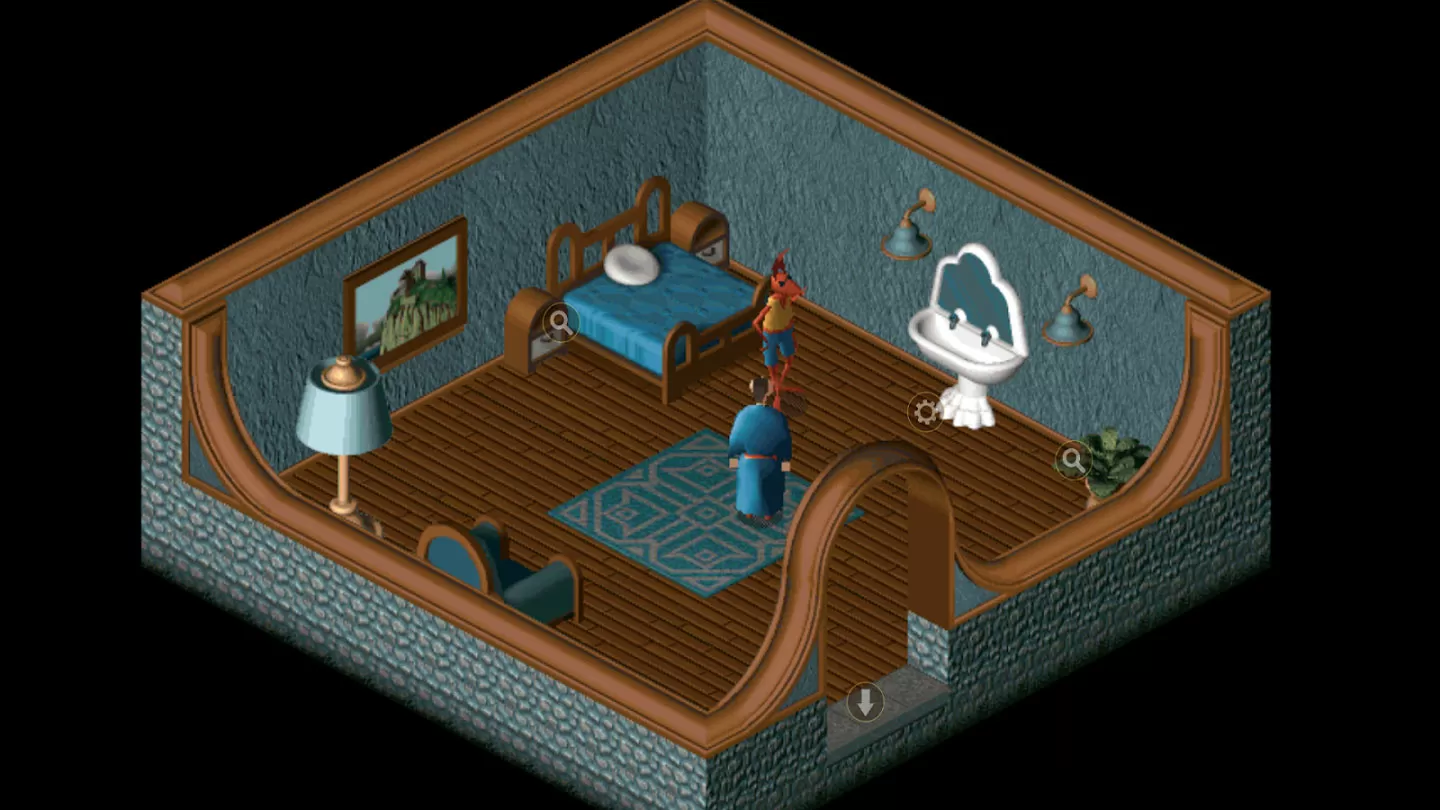

After coming down from Weir Ridge it is believed Custer further divided his command sending two companies under Captain Yates down Medicine Tail Coulee toward the river and keeping three companies on the high ground under Captain Keogh. Keogh commanded his regiment, Company I, during the Little Bighorn campaign of 1876.

Keogh did not participate in the Battle of Washita in 1868, the military escort of the Northern Pacific Railroad survey in 1873, or the Black Hills expedition of 1874. Assigned to Company I, he was brevetted major and lieutenant colonel, regular army, March 2, 1867. Keogh was appointed captain, 7 th Cavalry, effective July 28, 1866, the date the regiment was organized. All toll, Keogh participated in over 30 general engagements, but primarily as a staff officer. At the end of the war he was brevetted lieutenant colonel, US Volunteers. He participated in a number of raids under General Stoneman in Virginia. He was involved in Sherman's drive on Atlanta and afterward. After Buford's death in late 1863, Keogh became aide-de-camp to General George Stoneman in January 1864. Keogh served as a staff officer to General Buford from Antietam through Gettysburg. He transferred to the staff of Brigadier General John Buford, cavalry brigade commander at the end of July, 1862. In America, Keogh secured an appointment as captain, US Volunteers, and became acting aide-de-camp to Brigadier General James Shields in the Shenandoah Valley in April 1862. After the fighting stopped in Italy, Keogh migrated across the Atlantic to participate in the American Civil War. In search of adventure with the military, Keogh left Ireland for Italy to serve as an officer in the Papal Guard and subsequently in the Irish Zouaves, 1860-1862. As a result, the Bighorn-Yellowstone campaign of 1876 was the only extensive field service that Keogh saw with the regiment. His service with the 7 th Cavalry included staff assignments, injuries and numerous leaves of absence. He displayed considerable competence as a company officer out West, but was marked by a melancholy nature. Commands companies C, I, and L Custer's wing.īorn in Ireland in 1840, Keogh was 36 years old at the time of his death at the Battle of the Little Bighorn.


 0 kommentar(er)
0 kommentar(er)
